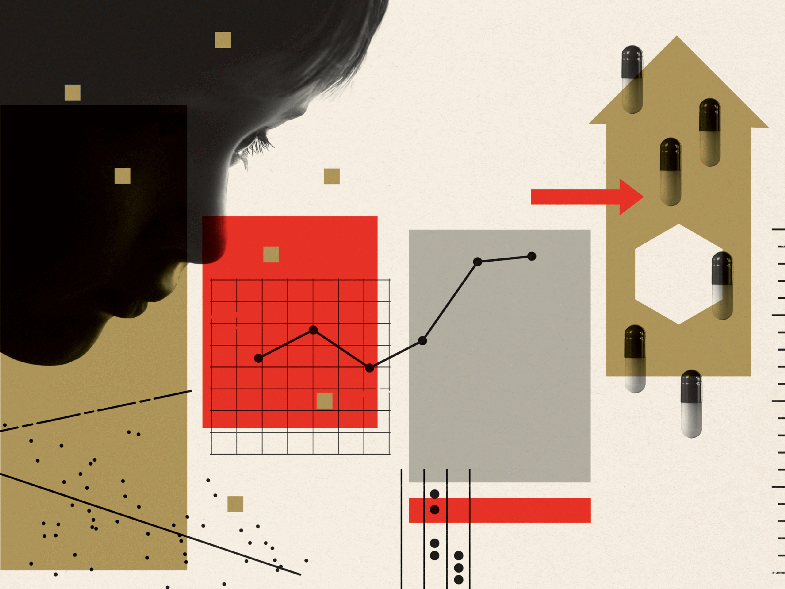Could An Antidepressant Help Kids With Down Syndrome?
Parents have pushed a potential treatment from chat rooms to clinical trial


By age 7, Teresa Cody’s son, Neal, had yet to say his first word. He has Down syndrome, a disorder caused by an extra copy of chromosome 21, found in 6,000 babies every year in the U.S. There’s no cure, and most people with the diagnosis have an IQ about 50 points below average and a shorter life expectancy.
Desperate to improve her son’s cognition, Cody gave him supplements, vitamins, and medication, which led her to an unlikely treatment: Prozac. She found studies that claim the antidepressant—also known as fluoxetine—could stimulate the growth of new neurons in mice. She convinced Neal’s pediatrician it couldn’t hurt, so he added the drug to Neal’s supplement regimen. Cody believes the drug sped Neal’s development, and although there’s no way to prove causation, Cody created the Changing Minds Foundation in 2006 to promote the drug protocol she gave to Neal.
Parents hoping for treatments that will improve their children’s lives often grasp at anecdotes like Cody’s without waiting for scientific proof. This tendency can do real damage, as when the false claim that vaccines cause autism led parents to refuse shots, causing outbreaks of preventable diseases like measles to occur. To see if Cody’s claim could possibly be true, Paul Watson, who also has a child with Down syndrome, approached University of Texas Southwestern in 2015 to conduct a proper study. This past spring, UTSW researchers began administering either fluoxetine or a placebo to 21 pregnant mothers whose fetuses have been diagnosed with trisomy 21. After birth, the children will remain on the drug for two years.
The researchers think that the fluoxetine might spur new neuron growth and steer the growing brain’s development. “We’re predicting that we’ll get a faster and higher magnitude of brain growth with the fluoxetine, and get better cognition at the end of two years,” says Carol Tamminga, the study’s primary investigator.
Not everyone is optimistic. Michael Harpold, chief scientific officer for the LuMind Research Down Syndrome Foundation, thinks a 21-person study is extremely small. “I would question whether you’d really get meaningful results out of this,” he says. (In 2007, Harpold and 20 other experts signed an open letter saying the Changing Minds protocol had significant risks and unknown results.)
Tamminga, however, says if this small trial shows that fluoxetine is associated with a statistically significant uptick in cognition, it’s a promising start that will prompt more research. If the study shows a negative association, she thinks it’ll discourage parents from using Prozac. “Either way, this kind of study is a big win or a big loss,” Tamminga says.
This article was originally published in the September/October 2016 issue of Popular Science, under the title “From Chat Room To Clinical Trial.”